Gun rights activists in Massachusetts are now fighting back against a new restrictive gun law recently signed by Governor Maura Healey aimed at cracking down on “ghost guns” and “modernizing” the state’s firearm regulations.
Activists have filed a lawsuit in an attempt to stop the law’s enforcement and are hoping to succeed in putting an initiative on the ballot for the 2026 election that could get it repealed.
New Gun Law

Last month, Governor Healey signed H.4885, also known as “An Act Modernizing Firearms Laws,” into law in part as a defiance of a recent Supreme Court decision that weakened a state’s ability to regulate firearms.
“Governor Maura T. Healey today signed…the state’s most significant gun safety legislation in a decade,” a press release for the governor’s office said. “The bill was passed by the Legislature as a result of the Supreme Court’s decision in New York State Rifle & Pistol Association v. Bruen, which sought to weaken states’ ability to protect their residents through gun safety laws.
Misguided Supreme Court
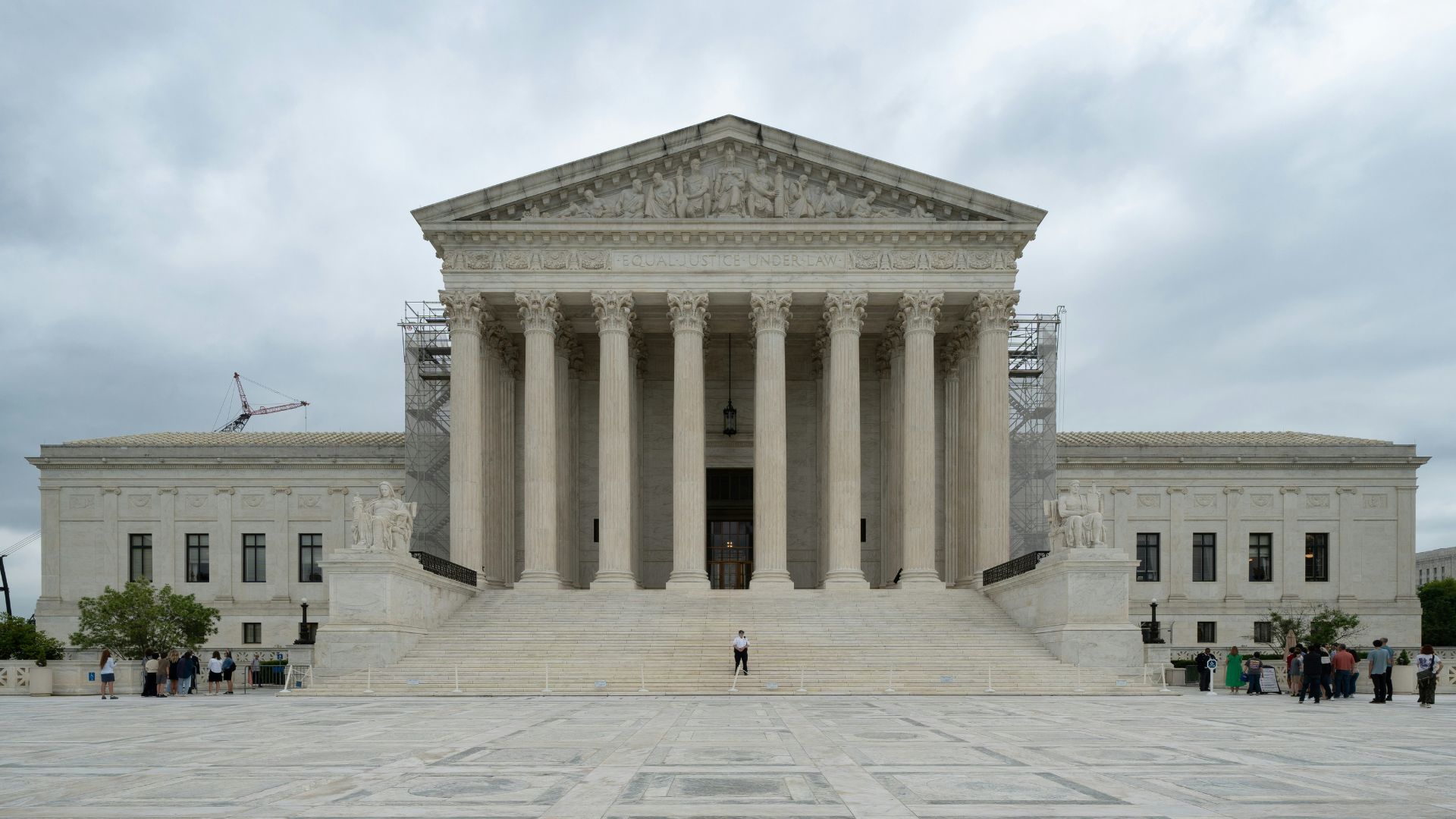
Healey in comments about her bill signing insisted that strong gun laws are necessary to protect the safety and well-being of her constituents, calling the Supreme Court decision “misguided.”
“Massachusetts is proud of our strong gun laws, but there is always more work to be done to keep our communities safe from violence. This legislation updates our firearms laws in response to the Supreme Court’s misguided Bruen decision,” said Healey.
Ghost Guns
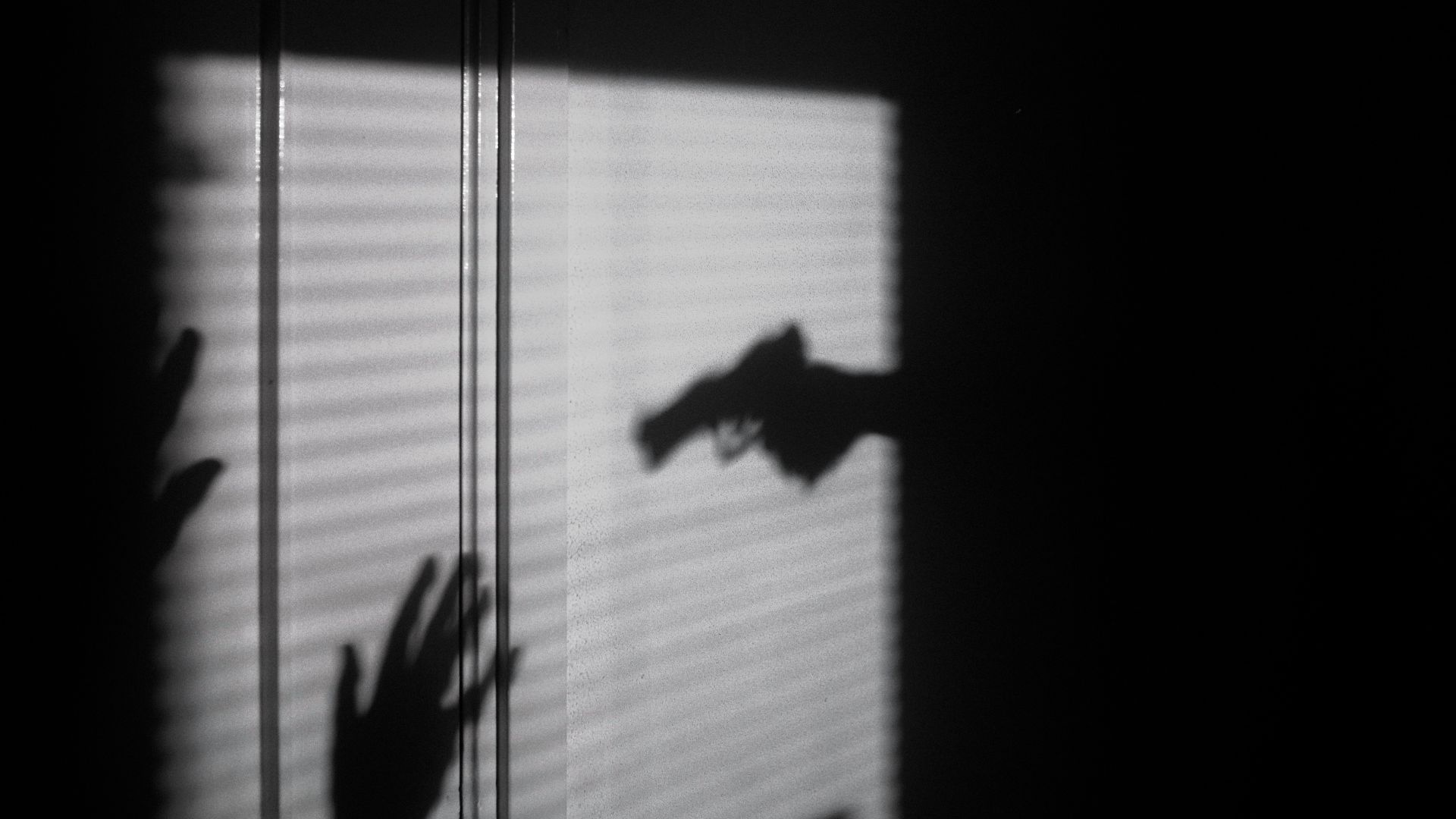
One major part of the legislation was aimed at addressing so-called “ghost guns.”
Ghost guns is a catch-all term for various weapons that are harder track like those made with a 3-D printer or produced without identifiable serial numbers.
Evolving Technology
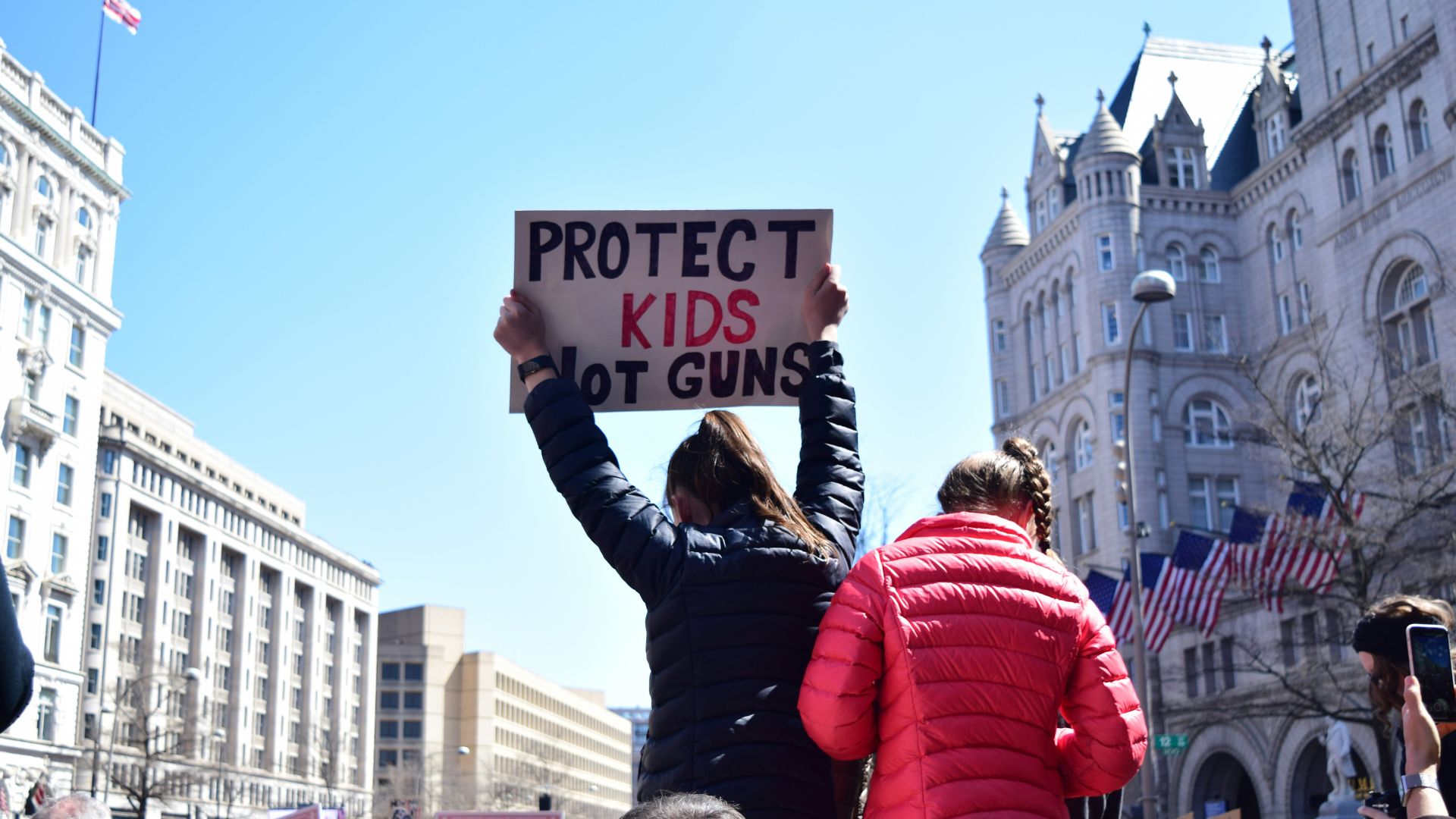
Massachusetts Lieutenant Governor Kim Driscoll warned of the threat new advances in gun manufacturing technology pose to gun crime.
“Gun technology and trends are constantly evolving, and it’s important that our laws evolve along with them,” said Driscoll. “This law will make our communities safer by preventing violence in the first place and improving law enforcement’s ability to respond to gun crimes.”
Ghost Violence
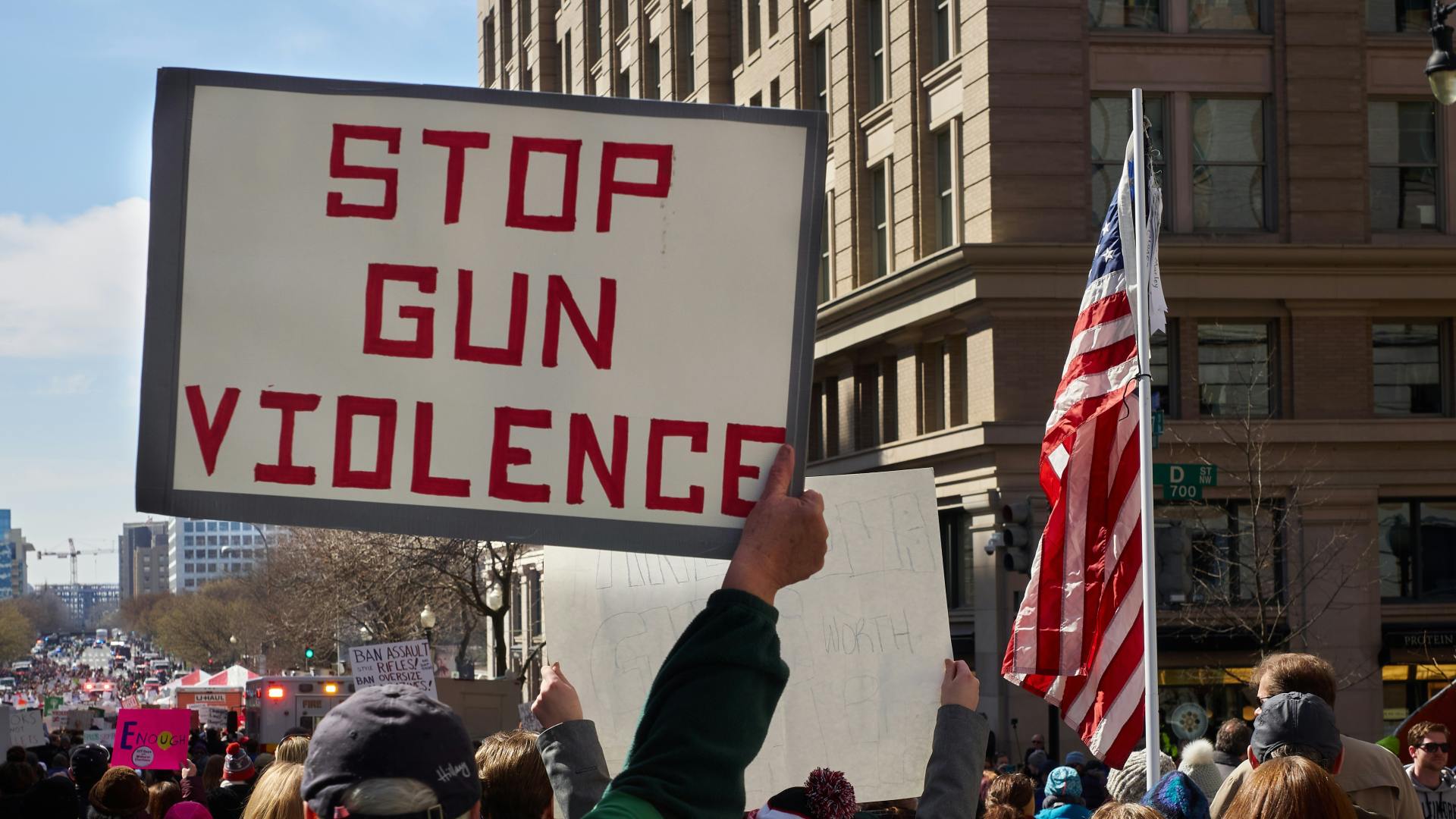
Public Safety and Security Secretary Terrence Reidy justified the new restrictions the law imposes based on the instances gun violence he has previously observed.
“As a former prosecutor, I have experienced firsthand the devastating impacts of gun violence on victims, families, and communities. Untraceable firearms like ghost guns and 3-D printed weapons pose a tremendous risk to public safety, and our laws must evolve to stop the proliferation of these dangerous weapons,” said Reidy.
Other Provisions
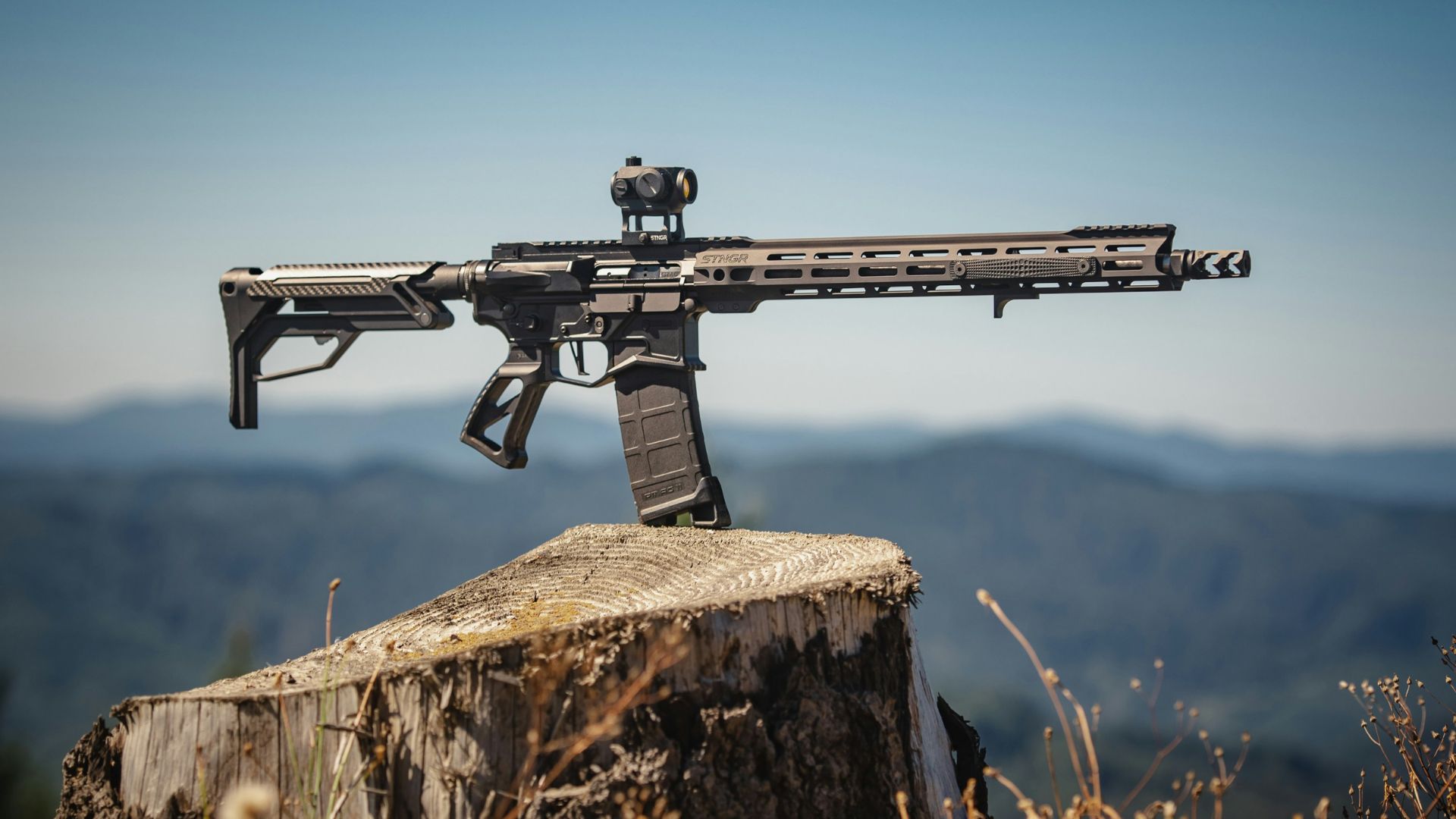
In addition to imposing restrictions on ghost guns, the new legislation also banned certain devices that make it easier to increase a gun’s rate of fire.
The law also strengthened “red-flag” requirements that make it harder for someone to obtain a weapon and a license to carry one.
Expanding Definitions

Another step the law took was to expand the definition of what could be classified as an “assault weapon” to include more types of firearms.
The new law includes these additional firearms into a prohibition where residents are not allowed to possess, transfer, or sell these guns.
Federal Lawsuit

Gun advocates quickly rallied after the law had passed to file a lawsuit in federal court. The goal of the lawsuit is to suspend the law from taking effect until a ballot initiative can be put in front of voters in 2026 to repeal it.
Jim Wallace, executive director of the Massachusetts Gun Owners Action League, said that the group had to sue in federal court because there “is no hope for any help within the Massachusetts court system.”
Supreme Court Decision
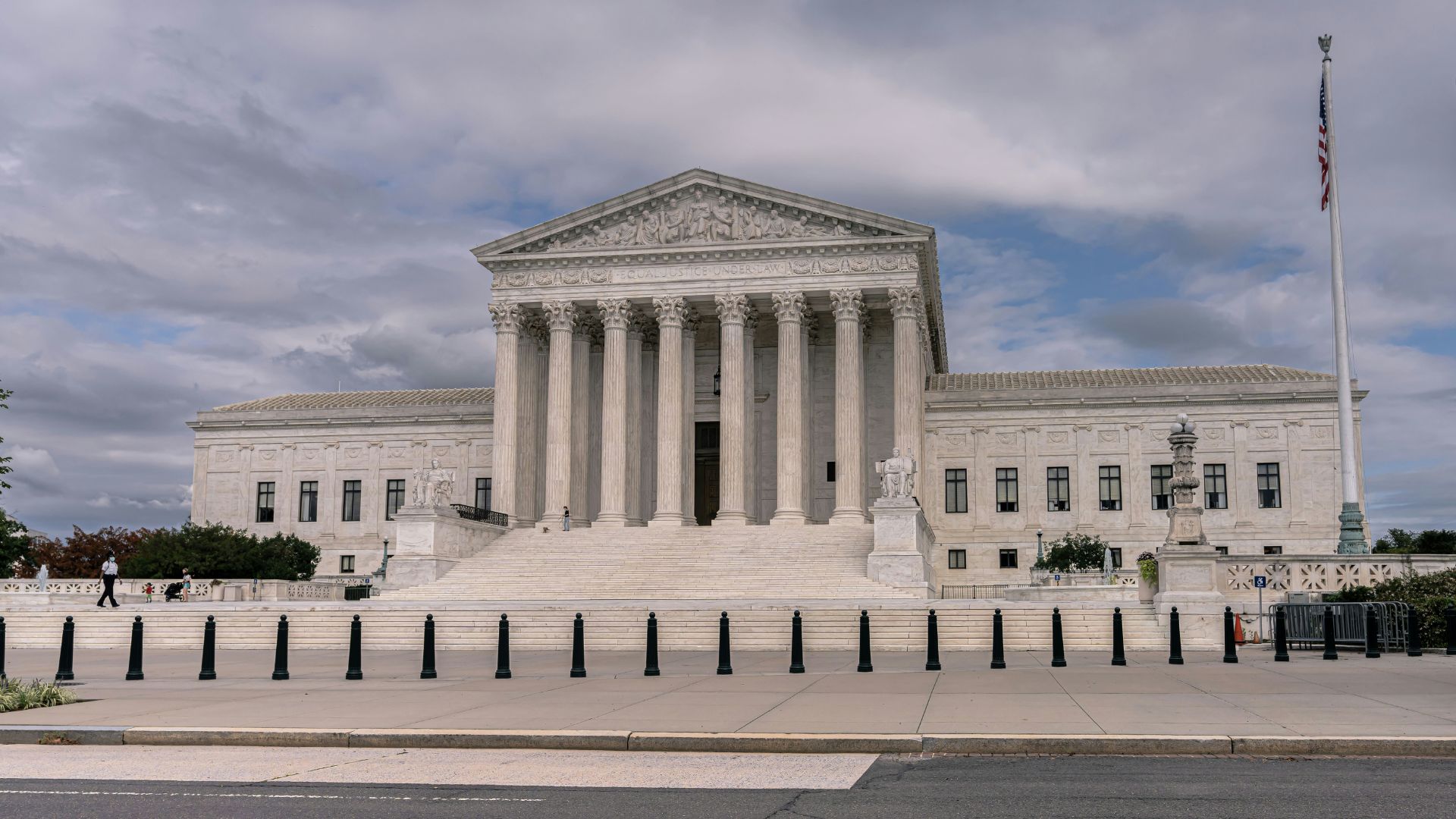
In 2022, the Supreme Court handed down a decision known as “Bruen” that strengthened the rights of gun owners across the country for self-defense.
This new federal lawsuit cites Bruen as a reason for the federal court to issue a restraining order or preliminary injection that would prevent Massachusetts from enforcing its “burdensome licensing regimes on the possession and carry of firearms for self-defense.”
Coordinated Campaign
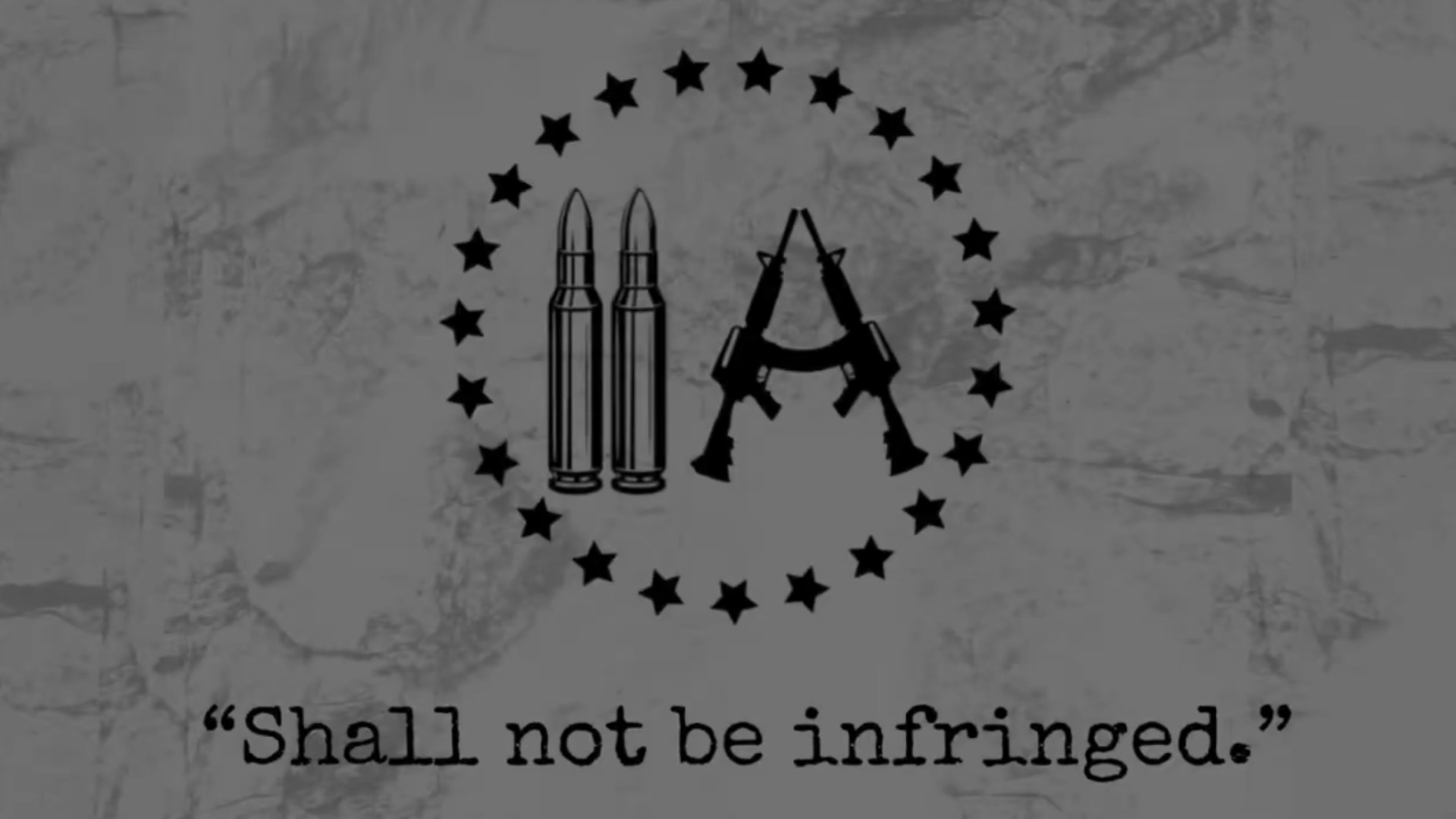
Wallace asserts that this federal lawsuit is just one piece of a campaign aimed at rolling back parts of an expansive law that activists say represents a “historic attack on our civil rights.”
“It’s not about crime. It’s not about accidents. It’s not about suicides,” said Wallace. “It’s a bigoted act against 10 percent of the state’s population.”
Standing Up to Scrutiny
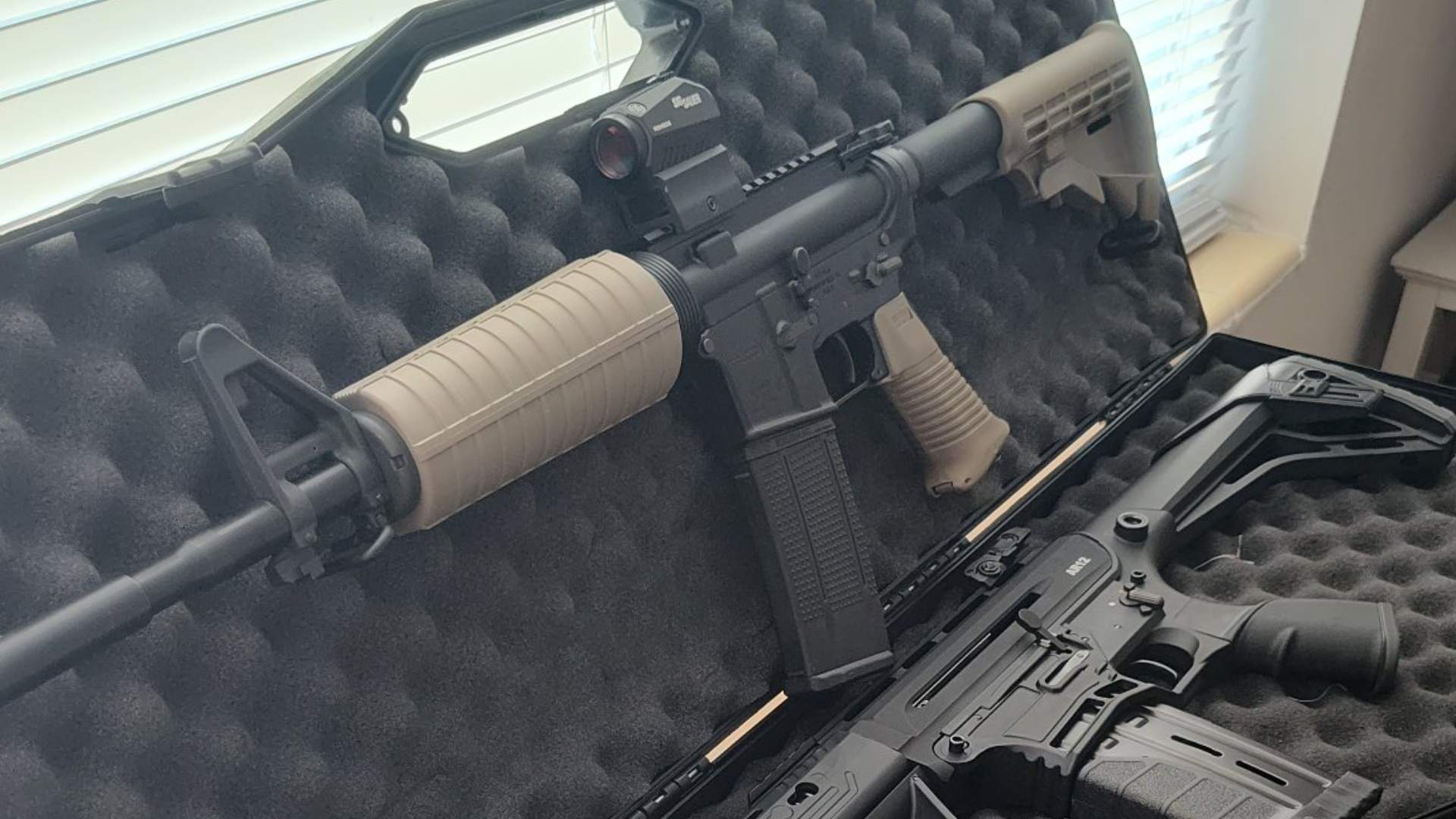
Democrat State Representative Michael Day, who helped create the legislation, has expressed confidence that it can overcome any legal challenges.
“We’re trying to save lives,” said Day. “One of the reasons people live in Massachusetts is that they can walk down the street without someone coming up on their side and menacing them.”

